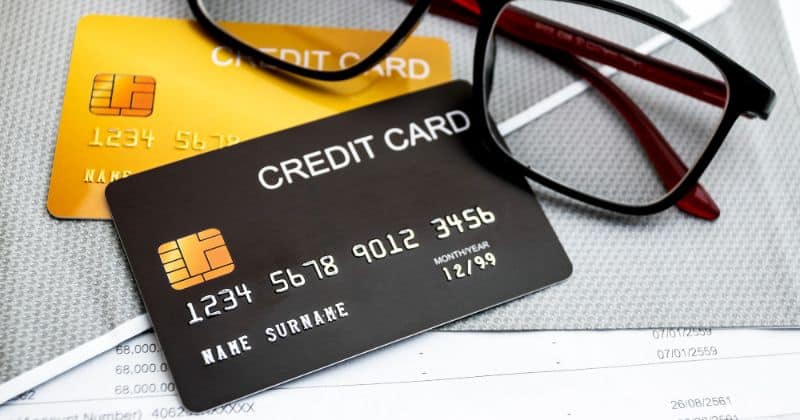How To Get a Credit Card Without CIBIL Score?

The CIBIL score is a three-digit number that represents an individual’s creditworthiness. It is calculated based on past credit behavior, including loan repayments, credit utilization, and timely bill payments. Banks and financial institutions use this score to assess whether a person is eligible for a credit card or loan. A high CIBIL score indicates responsible credit behavior, making it easier to get approved for credit cards and loans. On the other hand, individuals without a CIBIL score may find it difficult to secure a traditional credit card. If you don’t have a CIBIL score, it does not mean you cannot get a credit card. Here are some effective ways to obtain one: One of the easiest ways to get a credit card without a CIBIL score is by applying for a secured credit card. A secured credit card is issued against a fixed deposit (FD) with the bank. The credit limit is usually a percentage of the FD amount, typically ranging from 80% to 100% of the deposit. Another option is to get a supplementary or add-on credit card from a family member who already owns a primary credit card. Many banks allow primary cardholders to issue additional cards to their spouses, children, or parents. Some banks offer joint credit cards where a primary cardholder with a good credit score can co-sign the application. If you have a family member or spouse with a good credit score, they can apply for a joint credit card with you. Prepaid credit cards or virtual credit cards do not require a credit score for approval. These cards work by loading a specific amount of money onto them, and transactions are deducted from the preloaded balance. Several banks offer credit cards specifically designed for first-time users who have no credit history. These beginner credit cards come with lower credit limits and basic features, making them accessible to individuals without a CIBIL score. Fintech companies and digital lenders have revolutionized the financial industry by offering innovative credit solutions. Some digital lenders offer credit cards without requiring a CIBIL score by assessing alternative data such as income, spending habits, and employment history. If you have a steady source of income, banks may approve your credit card application based on your income proof rather than your credit history. Submitting salary slips, bank statements, or income tax returns can strengthen your application. Getting a credit card without a CIBIL score may seem challenging, but it is certainly possible through various methods such as secured credit cards, add-on cards, prepaid cards, and fintech solutions. By choosing the right option and using the credit card responsibly, you can gradually build a strong credit history and improve your financial profile. Once you obtain a credit card, ensure that you use it wisely by making timely payments, keeping credit utilization low, and avoiding unnecessary debt. Over time, these good credit habits will help you establish a solid CIBIL score, making it easier to access financial products with better terms in the future.1. Apply for a Secured Credit Card
Benefits of a Secured Credit Card:
2. Apply for an Add-on or Supplementary Card
Benefits of an Add-on Card:
3. Apply for a Credit Card with a Co-Applicant
4. Opt for a Prepaid or Virtual Credit Card
5. Apply for an Entry-Level or Beginner Credit Card
6. Apply Through a Fintech or Digital Lender
7. Show Proof of Income and Stability
Final Thoughts

